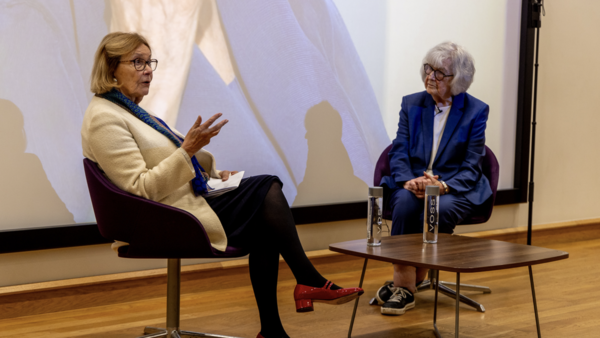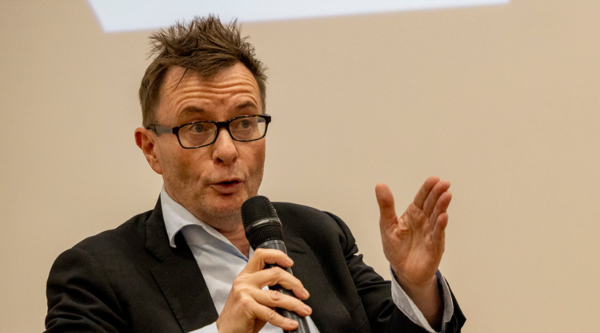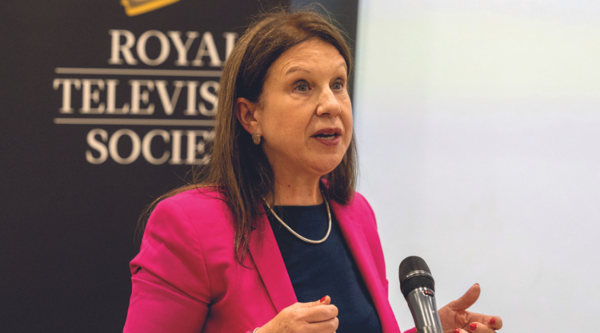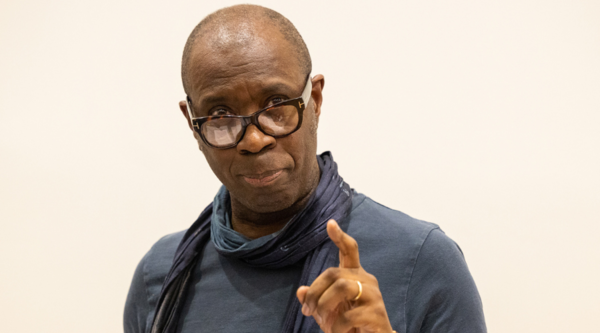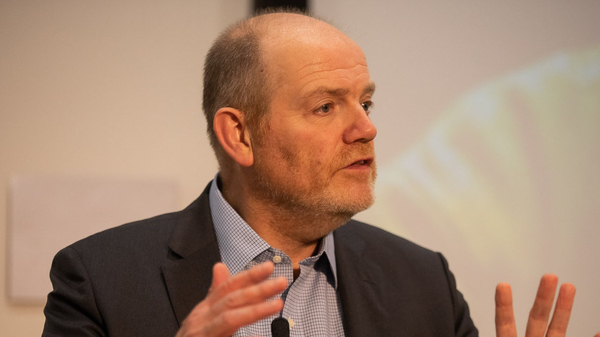Mark Thompson delivers the Steve Hewlett Memorial Lecture 2019
The net proceeds from the event will go to the Steve Hewlett Scholarship Fund, which provides financial assistance to journalism and TV production students from low-income backgrounds.
BBC Studios will sponsor the post-lecture drinks reception.
Watch Charlotte Moore deliver the 2018 lecture below:

